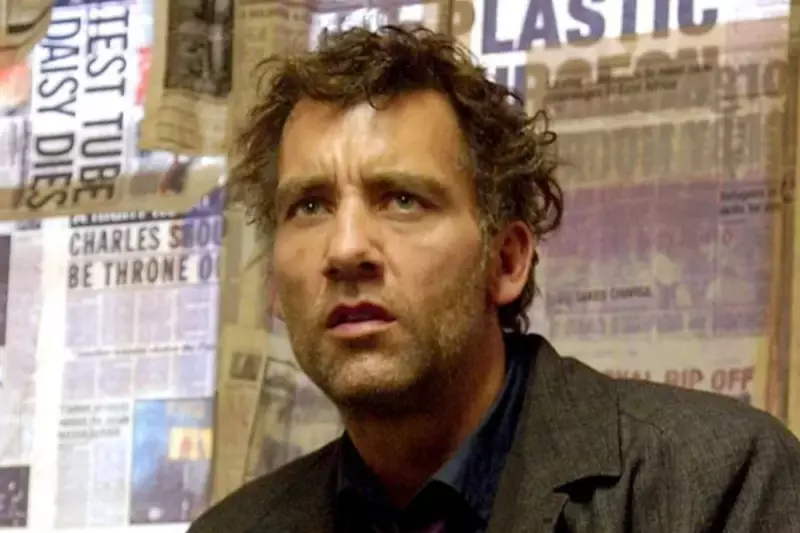
In the cutthroat world of Hollywood, where opening weekend figures often dictate a film's fate, some of cinema's most profound masterpieces have been brutally written off as catastrophic failures. Yet, time has a peculiar way of separating financial performance from artistic merit, resurrecting these so-called 'flops' as cherished cultural touchstones.
When Box Office Numbers Lie: The Films That Found Their Audience Later
The immediate financial performance of a film is a notoriously poor indicator of its lasting quality. History is littered with examples of pictures that bewildered studios by losing millions upon release, only to be rediscovered and celebrated for their visionary brilliance years later.
Iconic Films That Initially Crashed and Burned
- 'Blade Runner 2049' (2017): Denis Villeneuve's visually stunning sequel to the Ridley Scott classic was hailed by critics as a modern sci-fi masterpiece. Despite its acclaim, it haemorrhaged an estimated $80 million for its backers, a stark reminder that cerebral storytelling doesn't always translate to blockbuster returns.
- 'The Shawshank Redemption' (1994): It seems almost unthinkable now, but Frank Darabont's adaptation of a Stephen King novella, now perennially topping 'greatest film' polls, was a box office dud. It garnered a paltry $16 million during its initial theatrical run against a $25 million budget, finding its immense popularity only through word-of-mouth and television reruns.
- 'Fight Club' (1999): David Fincher's incendiary critique of consumerism and masculinity left audiences and studios baffled on release. It failed to recoup its $63 million budget in cinemas. Its infamous first rule? Apparently, nobody was talking about it enough to buy a ticket. It has since become a defining cult classic.
Why Do Good Films Fail?
The alchemy of box office success is complex and often has little to do with quality. A film can fail commercially due to a plethora of factors:
- Poor Marketing: A misguided trailer that sells the wrong genre can alienate its core audience.
- Bad Timing: Opening against a juggernaut franchise film can bury even the strongest competitor.
- Ahead of Its Time: Audiences sometimes need to catch up to a director's vision, appreciating the innovation years later.
- Muddled Studio Interference: Too many cooks, or executive edits, can spoil the broth, creating a final product that satisfies no one.
The Silver Lining: Streaming and the Second Life
In today's cinematic landscape, the definition of 'success' is evolving. Streaming platforms like Netflix, Amazon Prime, and Disney+ now offer a vital second chance. A film deemed a theatrical failure can find a massive, dedicated audience online, cementing its legacy far beyond its opening weekend figures. This digital afterlife ensures that truly great films are never truly lost.
The next time you see a critic raving about a film that's ' bombing' at the box office, remember the rich history of masterpieces that started the same way. The final verdict on a film's quality is never delivered by an accountant on opening Sunday; it is written by audiences over decades.





